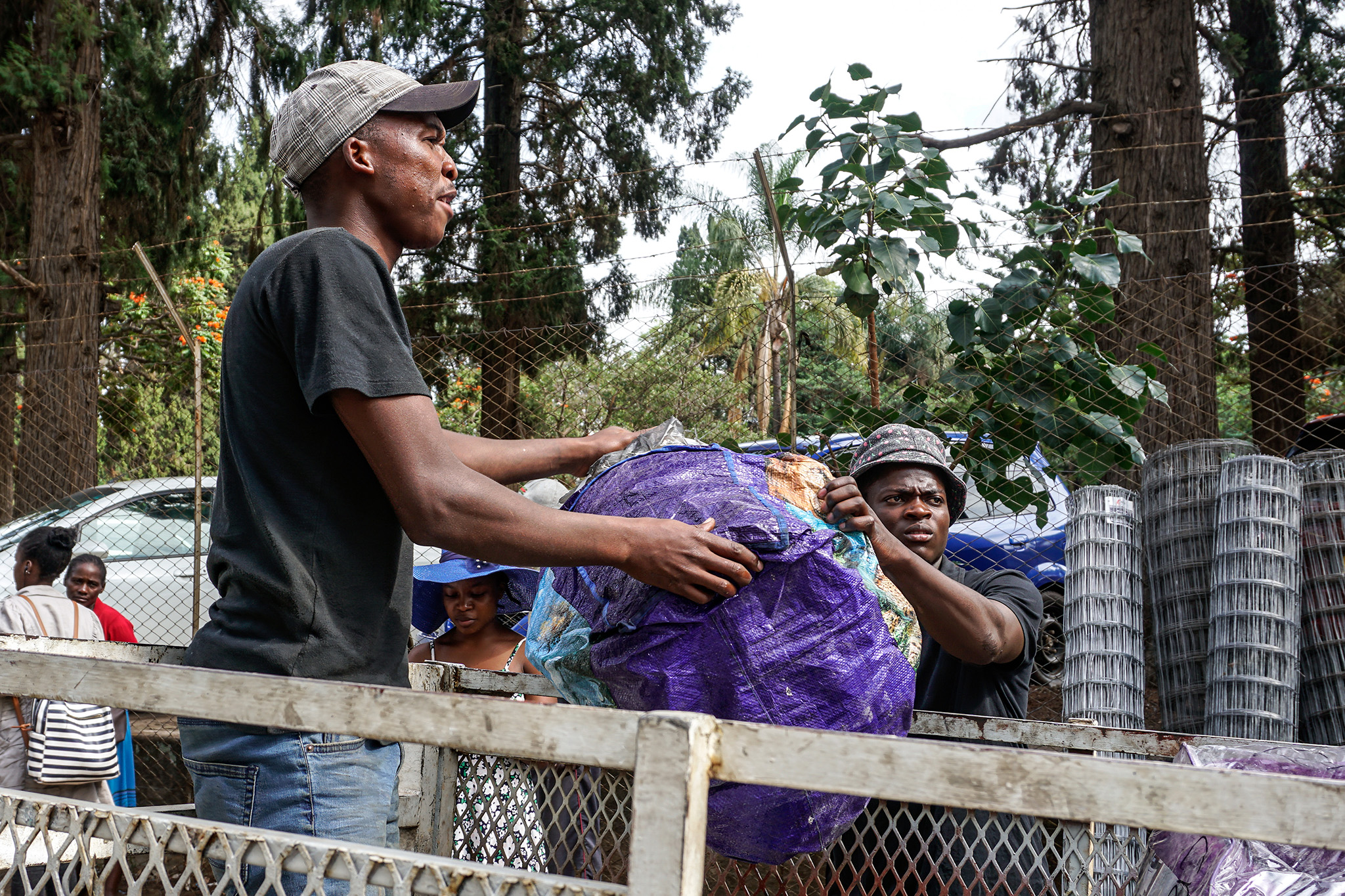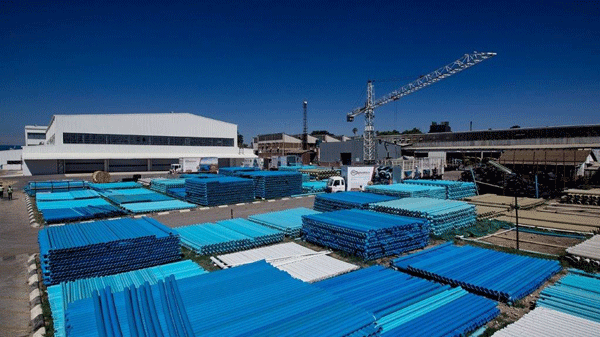Indaba to interrogate climate change issues
Government officials, private sector players and key stakeholders in the climate change
space will next week hold a conference in Harare to deliberate on the nexus between
climate and development, climate adaptation and resilience.
The conference comes at a time global economies are fighting the negative impacts of
climate change-induced problems and seized with strategies to build resilience.
Hosted by our sister paper,-Business Weekly in conjunction with Financial Markets
Indaba (FMI) at the Golden Conifer in Harare, the Climate Change Adaptation Conference
also seeks to emphasise that building forward requires a development approach that is
green, sustainable and climate resilient.
Panellists will discuss climate change in relation to mining, agriculture, energy, water
security, societal response and policy development among others.
Senior Government officials from the Ministry of Environment and Ministry of Energy
are expected to participate at the conference together with other panellists including
Simbarashe Mhungu – CBZ; Wendy Madzura – Seed Co; Cynthia Tapera – Planet Africa;
Welcome Mavingire – Intellego Investment Consultants; Simbarashe Mafukidze –
Econet, and Jeremiah Mushosho – United Nations Development Programme (UNDP).
FMI managing director Mr Patrick Muzondo said the country has a significant role to
play in meeting climate mitigation objectives.
“For the Government, strong climate action offers many co-benefits in addition to
delivering less carbon-intensive economies.
“Different regions and communities suffer from different impacts and so effective
adaptation strategies need to be contextualized to local needs and conditions.
“As countries seek to address the challenges of a warming planet, it’s crucial that local
voices are heard, and that communities and local governments on-the-ground are at the
forefront,” he said. Cases of climate-induced disasters have been on the increase in
Zimbabwe and across the globe. The country has seen an increase in the severity of
climate-related disasters, threatening agriculture production and value chains.
In 2019, Zimbabwe was hit by tropical cyclone Idai, which caused loss of human lives,
infrastructure damage, and disruption of value chains and trade. Business Weekly editor
Mr Herbert Zharare said: “Given the scale of climate change, and the fact that it will
affect many areas of life, adaptation also needs to take place on a greater scale.
“Our economies and societies as a whole need to become more resilient to climate
impacts and this will require large-scale efforts.”
While the case for adaptation is clear, some communities most vulnerable to climate
change are the least able to adapt because they are poor and/or in developing countries
already struggling to come up with enough resources for basics like health care and
education.
The UNDP is helping countries to translate their adaptation commitments into
measurable impact on the ground by identifying action entry points and cost options;
identifying investment opportunities; supporting concrete planning; enhancing
cooperation with partners; and helping secure adaptation finance.
The Conference of the Parties to the United Nations Framework Convention on Climate
Change (COP27) held in Egypt concluded with a historic decision to establish and
operationalise a loss and damage fund.
Developing countries have been seeking financial assistance for loss and damage, which
is money needed to rescue and rebuild the physical and social infrastructure of countries
devastated by extreme weather.-The Herald









